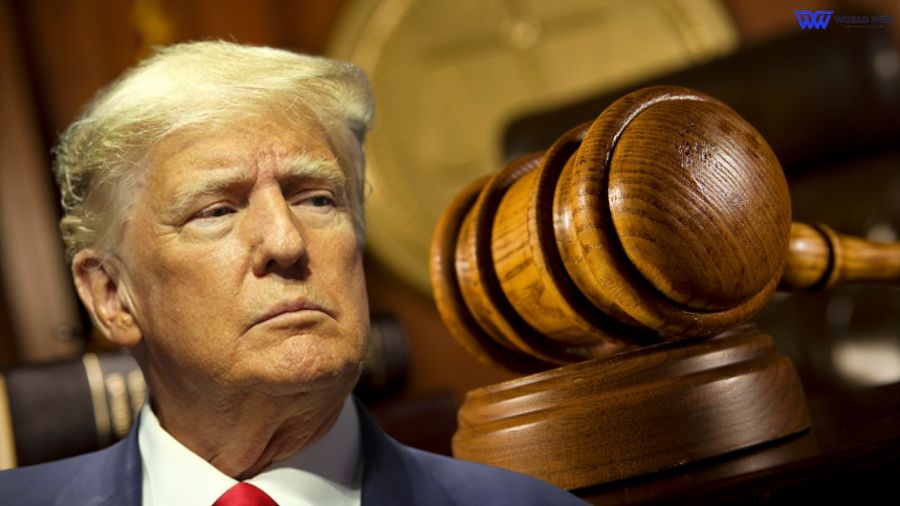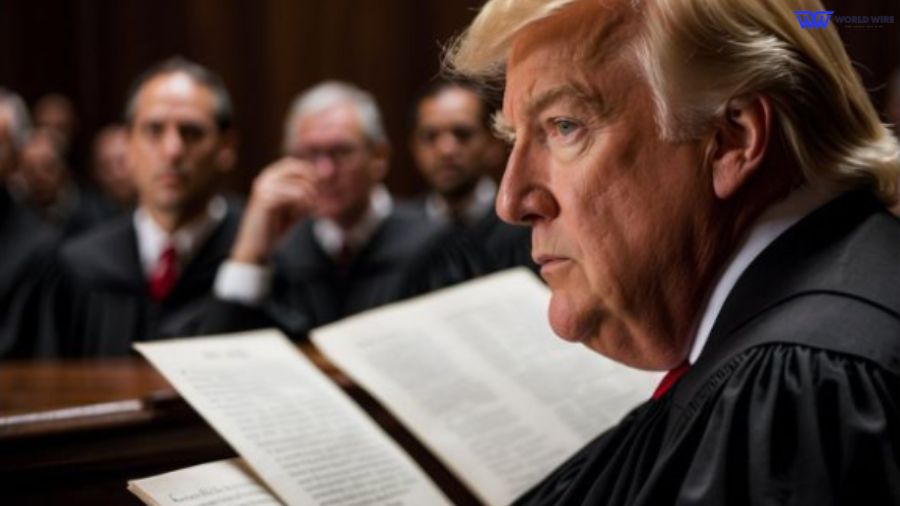In a recent turn of events that has rippled through the corridors of justice and politics alike, U.S. District Judge Aileen Cannon’s handling of the classified documents case against former President Donald Trump has stirred a pot of legal and ethical debates.
Let’s read the news and find out more.
Judge Receptive to Trump Documents Claims in Warning Sign for Prosecutors
Judge Aileen Cannon, a Trump appointee, has demonstrated a level of receptiveness to the defense’s claims that is uncommon in high-stakes legal battles such as this one.
The case centers on allegations that Trump unlawfully retained classified documents after leaving office, a charge that carries significant implications for national security and the legal accountability of public officials.
In one notable instance, Cannon reprimanded prosecutors for what she deemed a waste of the court’s time, criticizing them for failing to present their arguments in required filings ahead of a hearing.
This instance is part of a pattern where Cannon’s rulings and courtroom demeanor have appeared to favor Trump’s legal positions, raising eyebrows and prompting discussions about judicial impartiality and the influence of political affiliations on legal proceedings.
Furthermore, two legal scenarios proposed by Judge Cannon have particularly captured public and legal scrutiny.
The first scenario considers the possibility of a jury examining a record retained by a former president and making a factual finding on whether it is personal or presidential, as defined by the Presidential Records Act (PRA).
This approach implies a nuanced examination of the documents’ nature, potentially allowing for a broader interpretation of what constitutes personal records.
The second scenario posits that a president holds the sole authority under the PRA to categorize records as personal or presidential during their presidency.

This implies that neither a court nor a jury can review such a categorization decision, suggesting that an outgoing president’s decision to exclude what they consider to be personal records from presidential records transmitted to the National Archives constitutes a categorization of those records as personal under the PRA.
Cannon’s decision-making has broken away from conservative judicial norms, despite her affiliation with the Federalist Society, a group known for its conservative legal philosophies.
This departure has led to a wider discourse on the expectations and realities of judicial conduct, especially in cases with significant political and public interest.
Donald Trump has already pleaded not guilty to any of the charges and seeks to dismiss legal case over classified documents.
Special Counsel Jack Smith has been tasked with overseeing the investigations into possible mishandling of classified documents by Donald Trump.
Trump and Special Counsel Jack Smith, who brought the case, face a Tuesday deadline to respond to the judge’s order.
His appointment falls under the Biden administration’s Department of Justice, where he operates independently to examine the evidence and determine if there is sufficient basis for an indictment.
The case’s complexity is further amplified by its potential implications for the upcoming presidential election, in which Trump has expressed intentions to run.
The intertwining of legal challenges and political ambitions has cast a spotlight on the judiciary’s role in navigating the delicate balance between legal accountability and political considerations.
As this case unfolds, it serves as a litmus test for the American legal system’s ability to uphold principles of justice and equality before the law, irrespective of an individual’s political stature or influence.
The outcomes and conduct of this case could have far-reaching implications, not only for the individuals directly involved but also for the broader perceptions of justice and fairness in the United States.







Add Comment